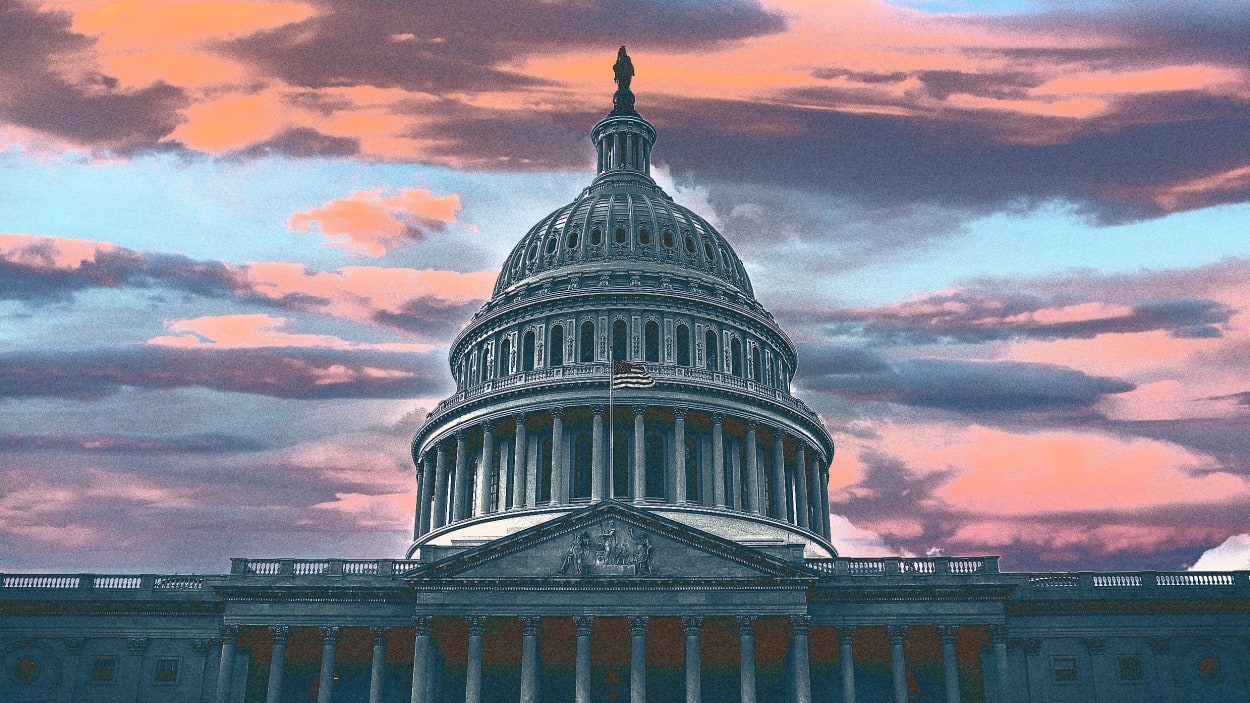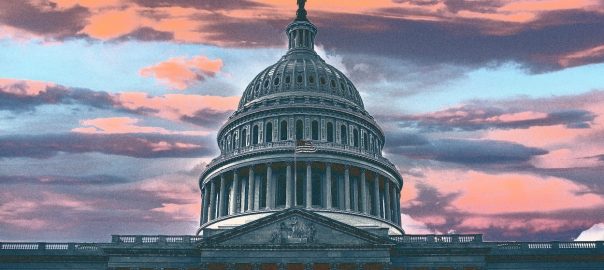
Thanks to an unanticipated U-turn from Senator Joe Manchin, Senate Democrats have reached a deal on a new reconciliation bill that, if passed, would offer the most funding in history to curb carbon emissions and protect energy security. It’s framed as the Inflation Reduction Act, because it raises funds by upping taxes on the wealthy, and aligns the U.S. with a global minimum corporate tax rate of 15%. But it also finance initiatives reducing the cost of health care and climate.
The climate aspects are the most significant: $369 billion in total. “By a wide margin, this legislation will be the greatest pro-climate legislation that has ever been passed by Congress,” Senator Chuck Schumer said when announcing the act. The legislators suggest it will reduce emissions by 40% of 2005 levels by 2030, most of the way to Biden’s goal of 50%.
Here are some of the key provisions in the bill:
- More than $60 billion for companies to bring clean energy manufacturing into the U.S. from overseas, including $30 billion of production tax credits for wind turbines, solar panels, and batteries.
- Tax credits for consumers to invest in clean energy to make homes more energy efficient, by switching to electric appliances, electric HVAC, and rooftop solar. The credits will last for up to 10 years, replacing the former 2-year expiration period.
- Tax credits for low-income car buyers: $7,500 for a new electric vehicle, or $4,000 for a used one.
- $60 billion for environmental justice, to relieve the burden of issues like pollution on low-income communities and communities of color, and to provide equitable transportation services and economic investment in clean technologies.
- Tax credits to lower emissions across industry sectors, from transportation to manufacturing.
- $20 billion to support climate-smart agricultural practices.
- $5 billion in grants to support fire-resilient forests, and increase forest conservation and urban tree planting, and $2.6 billion to restore coastal habitats.
It’s worth noting there’s also some support for fossil fuels further down the text of the bill, including mandates for new lease sales for oil and gas drilling in the Gulf of Mexico and Alaska, provisions that appeared to help sway Manchin. “It is truly all of the above, which means this bill does not arbitrarily shut off our abundant fossil fuels,” the West Virginia senator said in a statement. The bill must still pass the Senate—where some Democrats still haven’t signed on—and then the House before becoming law; so, many of the provisions could still change.
Fast Company , Read Full Story
(18)
Report Post




